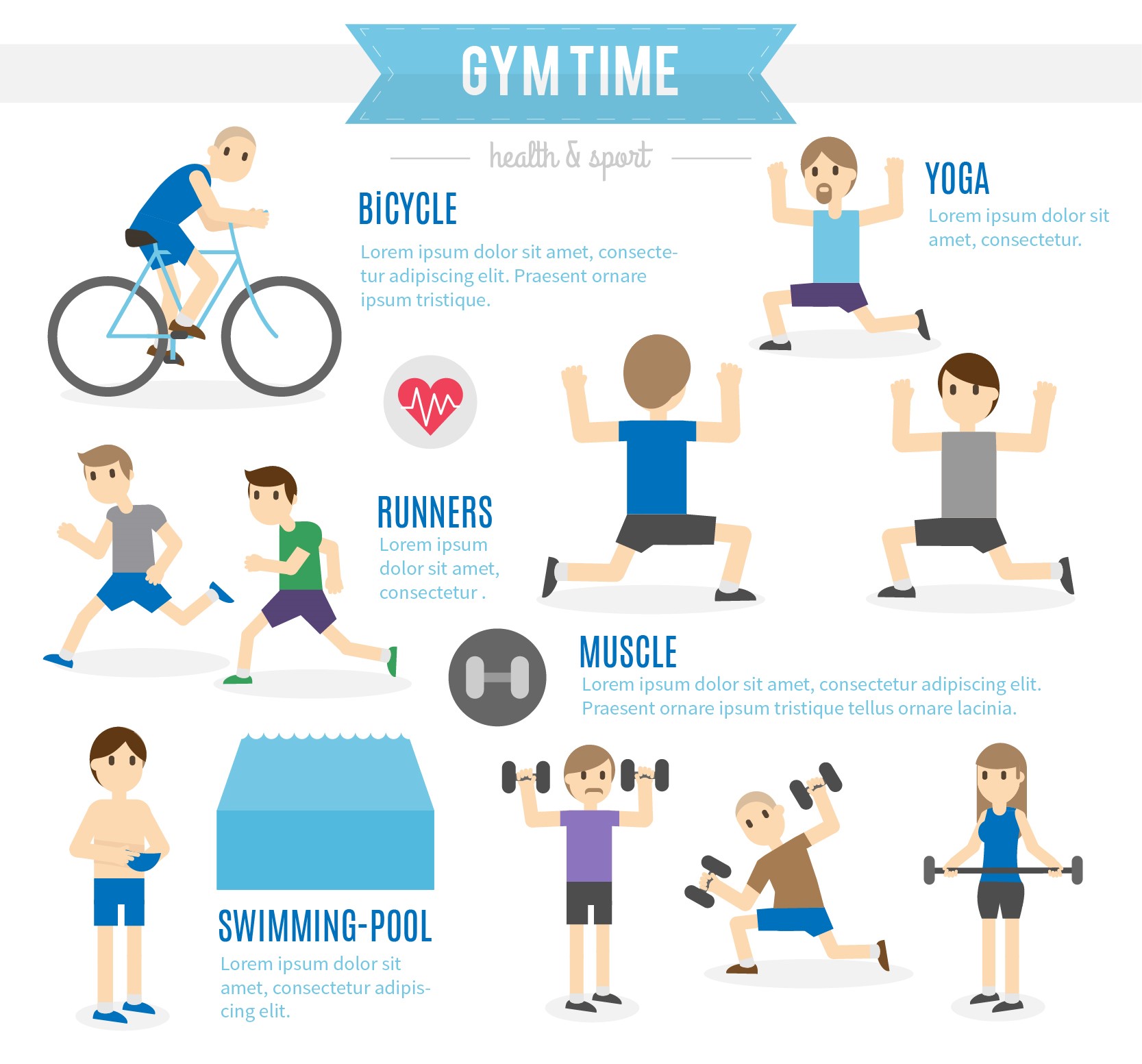Introduction: The circadian rhythm, a biological cycle of approximately 24 hours that regulates many physiological functions in our body, is a crucial element for health and well-being. However, in an increasingly connected and hectic world, we often overlook the importance of maintaining a balanced circadian rhythm. In this article, we will explore what the circadian rhythm is, why it is important, and how we can optimize it to enhance our overall health.
What is the Circadian Rhythm: The circadian rhythm is an internal biological rhythm that influences various aspects of our lives, such as the sleep-wake cycle, body temperature, and hormone secretion. This rhythm is primarily driven by environmental cues such as light and darkness but is also influenced by genetic and behavioral factors.
Importance of Circadian Rhythm for Health: A balanced circadian rhythm is essential for overall health and well-being. One of its main roles is to regulate the sleep-wake cycle, which is crucial for rest and bodily recovery. Additionally, the circadian rhythm influences cognitive function, metabolism, the immune system, and even mood. Dysfunctions in the circadian rhythm have been associated with a range of health problems, including sleep disorders, obesity, diabetes, heart disease, and depression.
How to Optimize Your Circadian Rhythm: Fortunately, there are steps we can take to optimize our circadian rhythm and improve our overall health. Here are some practical tips:
- Exposure to Natural Light: Try to spend time outdoors during daylight hours, especially in the morning. Exposure to natural light helps synchronize the circadian rhythm and promotes wakefulness and alertness during the day.
- Consistent Sleep Schedule: Aim to maintain a regular sleep and wake schedule, even on weekends. Going to bed and waking up at the same time every day helps stabilize the circadian rhythm.
- Limit Blue Light Exposure Before Bed: Avoid using electronic devices such as smartphones and computers before bedtime, as the blue light emitted by these devices can interfere with melatonin production and disrupt sleep.
- Avoid Caffeine and Alcohol Before Bed: Caffeine and alcohol can interfere with sleep quality and disrupt the circadian rhythm. Try to avoid consuming them in the hours leading up to your bedtime.
- Practice Stress Management: Chronic stress can negatively impact the circadian rhythm. Find healthy ways to manage stress, such as meditation, yoga, or regular exercise.
Conclusion: The circadian rhythm plays a fundamental role in our health and overall well-being. Maintaining a balanced circadian rhythm can help improve sleep quality, daytime energy, cognitive function, and even cardiometabolic health. By following the tips outlined above and making consistency a priority, it is possible to optimize your circadian rhythm and enjoy better health and well-being in the long run.

